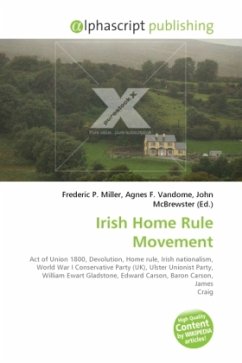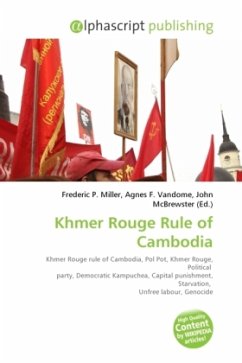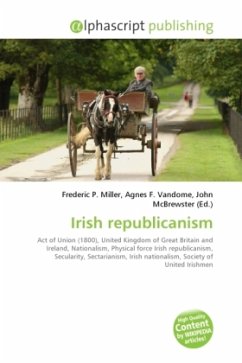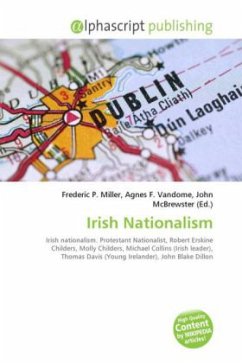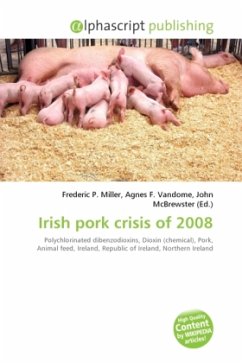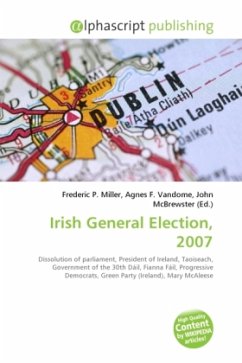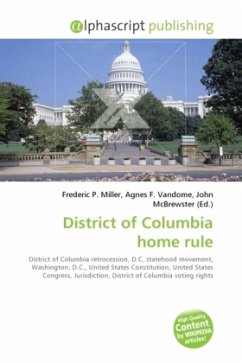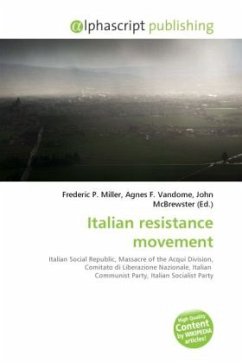The Irish Home Rule Movement articulated a longstanding Irish desire for the repeal of the Act of Union of 1800 by a demand for self-government within the United Kingdom of Great Britain and Ireland. The movement drew upon a legacy of patriotic thought that dated back at least to the late seventeenth century. Home Rule held out the promise of a new constitutional order and harnessed the energies of a more recent militant tradition, providing an alternative to nationalist militancy. For almost half a century from the early 1870s to the end of the Great War Home Rule was both the single most dominant feature of Irish political life and a major influence within British politics. It united over a period the Irish past with the present, bound militants with constitutionalist, Irish with British politicians. For the British father of Home Rule W. E. Gladstone, Home Rule was about the reconciliation of Irish nationalism to the British state. For other politicians, the Conservatives and Ulster Unionists Home Rule presented a fearful spectacle, their opposition to it so complete that a civil war seemed to offer the only path towards a resolution
Bitte wählen Sie Ihr Anliegen aus.
Rechnungen
Retourenschein anfordern
Bestellstatus
Storno

